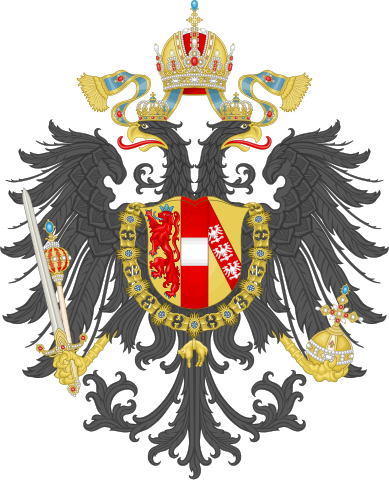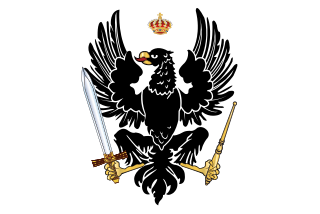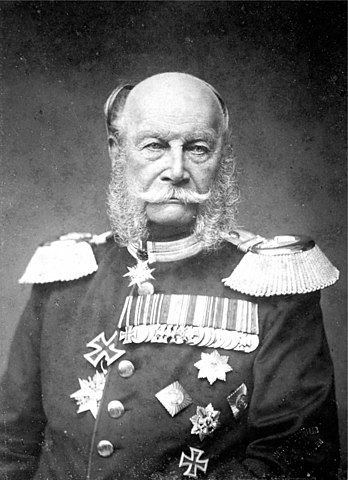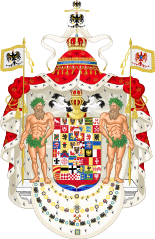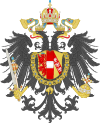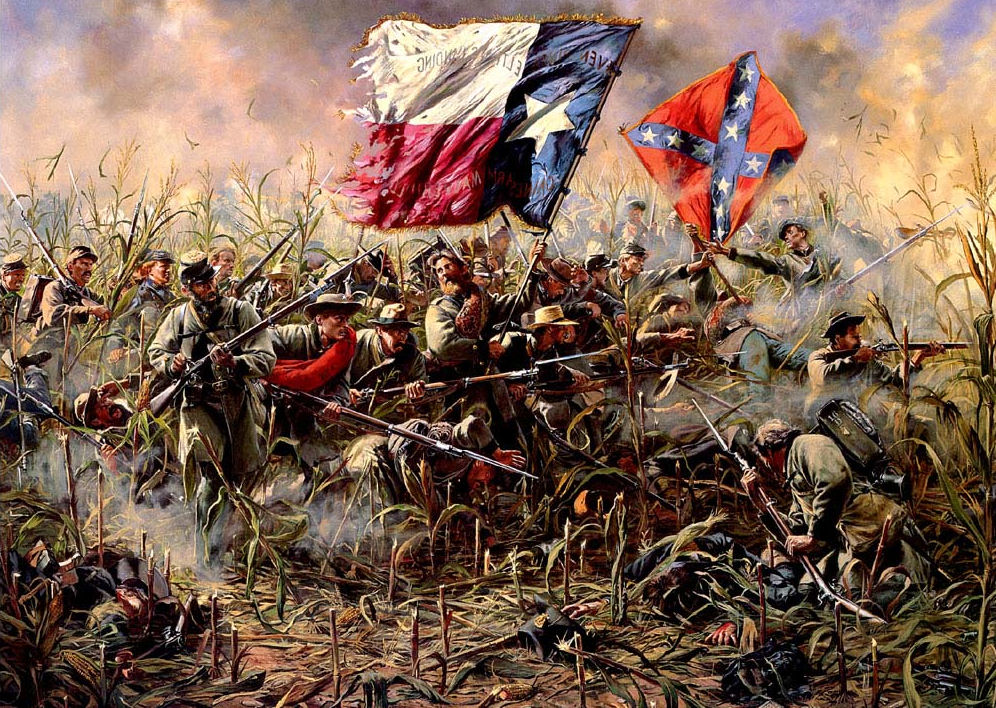
Each player will play as country until they either quit, are kicked by the GM (me), entirely annexed by a foreign power, but not after a violent or peaceful overthrow of the government, barring extreme circumstances. I would like to remind players that they are not only representing it’s nation’s government, but also its populace, and as such, I encourage players to write of the changes occurring within their nation and not limit themselves solely to governance.
Though I hope to not interfere too much with the game, I encourage players to follow three main laws:
1. The Law of Plausibility: Just because you are aware of modern farming techniques, great generals that were unknown at the time, or another concept one can look back on, doesn’t mean your nation or government did. Thus, for the sake of preventing min maxing and for the purpose of sticking towards a “plausible” history, I ask of players that, for major decisions, such as alliances, wars, a shift in government, and etc., that there is an historical, or at least in the game’s universe, reason for such to occur. Player’s are allowed to provide their own reasons, even if not historically proposed, on why it is plausible, and if satisfactory, shall be allowed.
2. The Law of Governance: An extension of the Law of Plausibility, this focuses on your nation’s politics and what orders one can do, providing limits based upon your ruling governance. If one has a reactionary party in power, one would be limited by these reactionary developments, with orders focusing on social, economic, and governmental reforms being heavily limited. This law also applies to shifts in governance, whether it be a transition of political parties, or a brand new form of government. For instance, an autocratic nation such as Russia or Austria, would be prevented from suddenly declaring themselves a republic, barring extreme circumstances such as a revolution or foreign occupation. Players can instead slowly prepare themselves for a change of governance through a gradual series of orders, whether it be limiting or increasing the power of legislature, political rights within the nation, and etc.
3. The Law of Story: The World in 1861 is not a game of winning, and players should understand that. One should not play the game solely for the purpose of victory, but rather to build an interesting and, as the above laws state, plausible story. While players are certainly encouraged to seek a status as a great power and to seek dominance within their region, I must request players do not min-max their nation solely for that purpose. If every nation is a paradise onto itself, then there is no game, and as such, I encourage players to make “poor” decisions, such as taking heavy foreign loans or giving in to foreign demands. Few governments are perfect, and an occasional “bad” order can spice up the game and make things far more plausible from an outside standpoint. I must also ask players to stay within their realm of interest, and not to intervene in a foreign crisis solely for the sake of intervening.
2. The Law of Governance: An extension of the Law of Plausibility, this focuses on your nation’s politics and what orders one can do, providing limits based upon your ruling governance. If one has a reactionary party in power, one would be limited by these reactionary developments, with orders focusing on social, economic, and governmental reforms being heavily limited. This law also applies to shifts in governance, whether it be a transition of political parties, or a brand new form of government. For instance, an autocratic nation such as Russia or Austria, would be prevented from suddenly declaring themselves a republic, barring extreme circumstances such as a revolution or foreign occupation. Players can instead slowly prepare themselves for a change of governance through a gradual series of orders, whether it be limiting or increasing the power of legislature, political rights within the nation, and etc.
3. The Law of Story: The World in 1861 is not a game of winning, and players should understand that. One should not play the game solely for the purpose of victory, but rather to build an interesting and, as the above laws state, plausible story. While players are certainly encouraged to seek a status as a great power and to seek dominance within their region, I must request players do not min-max their nation solely for that purpose. If every nation is a paradise onto itself, then there is no game, and as such, I encourage players to make “poor” decisions, such as taking heavy foreign loans or giving in to foreign demands. Few governments are perfect, and an occasional “bad” order can spice up the game and make things far more plausible from an outside standpoint. I must also ask players to stay within their realm of interest, and not to intervene in a foreign crisis solely for the sake of intervening.
Players send orders to me detailing what they'd like to have done in a turn. Similar to World in Revolution, this is divided between normal orders (every turn), military orders (when at war), and election orders (when there is a nationwide election). Normal orders can encompass internal party politics, education reform, military reforms and improvements, and other things. War orders are cover orders of engagement, orders of battle, and general strategic plans for your military during a conflict (declared or otherwise). Election orders detail party platforms, potential candidates, and so on in any election held across your country. You can choose whether or not you would like to prefer the victory of one party/faction over another. I would ask that you keep track of your elections, though I will try to be on top of them, after all it would not due for a democracy to avoid elections. Orders will be sent in through a forum conversation label along the lines of "World in 1861 - [Country Name]".
Great Powers: (3 General Orders, 2 Military Orders, 1 Election Order)
Kingdom of Prussia - @Arrowfiend
United Kingdom of Great Britain and Ireland - Unclaimed
Austrian Empire - @Adamgerd
United States of America - @The Quiet Dreamer
Russian Empire - @StarCrow25
The French Empire - @Riccardo93
Secondary Powers: (2 General Orders, 2 Military Orders, 1 Election Order)
Confederate States of America - @Guaire123456789
Kingdom of Italy/Sardinia Piedmont - @Rapop101
Kingdom of Spain - Unclaimed
Ottoman Empire - Unclaimed
United Kingdoms of Sweden-Norway - @Caspoi
Netherlands - Unclaimed
Belgium - Unclaimed
Mexico - Unclaimed
Minor Nations: (1 General Orders, 1 Military Order, 1 Election Order)
Tokugawa Shogunate - @Irontiger
Switzerland - @Tristen91
Venezuela - Claimed through player on Discord
Chile - @QingChina31
Poland - @adriankowaty
Colombia - @Janha
An explanation of stats, divided into appropriate categories, are as follows using the glorious Republic of Exampleland:
Nominal
Exampleland ~ This shows the name of your state
Government: Constitutional Federal Republic ~ This shows the current government form of one’s nation
Leader(s): President John Doe ~ What officials serve as head of state and/or government
Internal Issues and Factors
Population: 51.372 Million ~ Your state’s population and workforce, if it is declining or stagnant it will be specified.
Economy: Average (9/10 - Growing) ~ Your state’s economy. If poor, population growth slows and other stats begin to suffer, as well as increased political unrest. If above average, population growth grows and it will have beneficial effects upon your society and stats/
Infrastructure: Average (5/10) ~ Your state’s infrastructure, it affects troop mobility, economic capability, and sustainable population. A highly populous state with poor infrastructure has a high chance of suffering from severely negative effects.
Administration: Average (8/10) ~ A nation’s administrative efficiency, this affects how much is received in taxes, improves success of orders, and lowers discontent.
Industry: Average (4/10) ~ Industry affects both economic growth and unrest. Should a highly industrialized society not reform labor laws, social reform movements will begin to spread throughout the nation, some violent. A non-industrialized society, however, shall suffer from a worse off economy and will quickly fall behind industrialized competitors.
Revolution(S): Socialist: Rioting (4/5) Secessionist: Discontent (1/5) ~How close certain demographics in your nation are towards revolution, modifiers will appear and disappear as new movements occur. Having a modifier move up is rarely a good thing.
Government Wealth
Balance: -$ 1.94 Million ~ The amount of money going into the treasury after adding together income and expenditures.
Income: $ 1,459.67 Million (4.07% Average Tax Rate) ~ How much money the state receives yearly through taxes, donations, and other methods, prior to expenditures.
Expenditures: $ 1,461.68 Million ~ How much money the state spends yearly on its policies, offices, military, and etc.
Treasury: -$ 3,047 Million ~ How much money is, or isn’t, in the state treasury.
Military
Army: 90,000 Regulars, Average (5/10) Equipment & Training ~ Soldiers currently employed in the nation’s army, and the rating of their equipment and training. Soldiers are divided into two categories so far, trained Regulars and conscripted Militia. Militia are cheaper to raise and maintain, but do not pose a serious threat to a well trained enemy army.
Reserves: 8,500,000 Able bodied men ~ The state’s manpower, representing how many more can be recruited into the army before one has to enact “desperate” measures.
Navy: 4 Ironclads, 10 Ships of the Line, 50 Sail Frigates, 34 Steam Frigates, 25 Minor Vessels, Poor (4/10) Equipment & Training ~ The quantity and quality of one’s navy, minor vessels include corvettes, sloop-of-war, repurposed civilian vessels, and other such ships.
Foreign Relations
International Status: (75/100) ~ One’s theoretical prestige on a global scale, this is used to show one’s standing and capability of threatening lower non-player nations
International Standing: (54/100) ~ One’s respect on a global scale, this represents how liked your nation is, barring outside friendships and rivalries, and affects how friendly a non player nation will act towards you.
Miscellaneous
Status: An Example, Mass Strikes (-2 Economy yearly), Foreign Influence (???) ~ Things relevant to the nation, this may include internal issues the state is facing, current modifiers (some with effects unknown), or simply a warning towards its player over a fact they may otherwise overlook.
Exampleland ~ This shows the name of your state
Government: Constitutional Federal Republic ~ This shows the current government form of one’s nation
Leader(s): President John Doe ~ What officials serve as head of state and/or government
Internal Issues and Factors
Population: 51.372 Million ~ Your state’s population and workforce, if it is declining or stagnant it will be specified.
Economy: Average (9/10 - Growing) ~ Your state’s economy. If poor, population growth slows and other stats begin to suffer, as well as increased political unrest. If above average, population growth grows and it will have beneficial effects upon your society and stats/
Infrastructure: Average (5/10) ~ Your state’s infrastructure, it affects troop mobility, economic capability, and sustainable population. A highly populous state with poor infrastructure has a high chance of suffering from severely negative effects.
Administration: Average (8/10) ~ A nation’s administrative efficiency, this affects how much is received in taxes, improves success of orders, and lowers discontent.
Industry: Average (4/10) ~ Industry affects both economic growth and unrest. Should a highly industrialized society not reform labor laws, social reform movements will begin to spread throughout the nation, some violent. A non-industrialized society, however, shall suffer from a worse off economy and will quickly fall behind industrialized competitors.
Revolution(S): Socialist: Rioting (4/5) Secessionist: Discontent (1/5) ~How close certain demographics in your nation are towards revolution, modifiers will appear and disappear as new movements occur. Having a modifier move up is rarely a good thing.
Government Wealth
Balance: -$ 1.94 Million ~ The amount of money going into the treasury after adding together income and expenditures.
Income: $ 1,459.67 Million (4.07% Average Tax Rate) ~ How much money the state receives yearly through taxes, donations, and other methods, prior to expenditures.
Expenditures: $ 1,461.68 Million ~ How much money the state spends yearly on its policies, offices, military, and etc.
Treasury: -$ 3,047 Million ~ How much money is, or isn’t, in the state treasury.
Military
Army: 90,000 Regulars, Average (5/10) Equipment & Training ~ Soldiers currently employed in the nation’s army, and the rating of their equipment and training. Soldiers are divided into two categories so far, trained Regulars and conscripted Militia. Militia are cheaper to raise and maintain, but do not pose a serious threat to a well trained enemy army.
Reserves: 8,500,000 Able bodied men ~ The state’s manpower, representing how many more can be recruited into the army before one has to enact “desperate” measures.
Navy: 4 Ironclads, 10 Ships of the Line, 50 Sail Frigates, 34 Steam Frigates, 25 Minor Vessels, Poor (4/10) Equipment & Training ~ The quantity and quality of one’s navy, minor vessels include corvettes, sloop-of-war, repurposed civilian vessels, and other such ships.
Foreign Relations
International Status: (75/100) ~ One’s theoretical prestige on a global scale, this is used to show one’s standing and capability of threatening lower non-player nations
International Standing: (54/100) ~ One’s respect on a global scale, this represents how liked your nation is, barring outside friendships and rivalries, and affects how friendly a non player nation will act towards you.
Miscellaneous
Status: An Example, Mass Strikes (-2 Economy yearly), Foreign Influence (???) ~ Things relevant to the nation, this may include internal issues the state is facing, current modifiers (some with effects unknown), or simply a warning towards its player over a fact they may otherwise overlook.
Signups are always free and open, if one wishes to play as a certain nation, simply ask to do so. With the UK being open, there is still one more slot open for a player to join as a Great Power.




